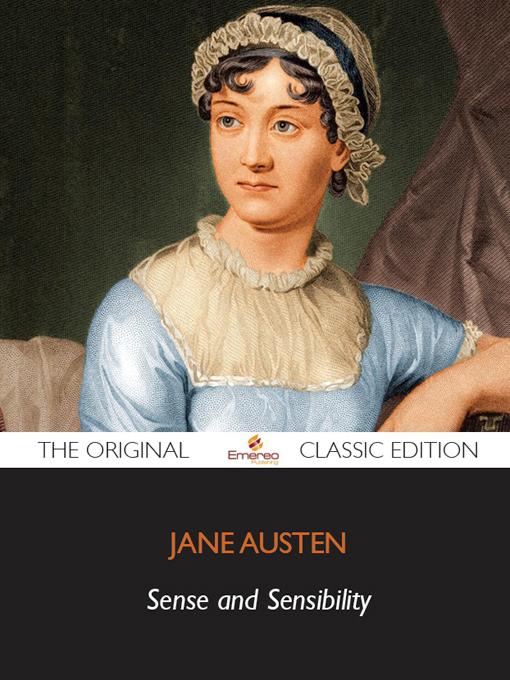Sense and Sensibility - The Original Classic Edition
ebook-
Description
-
Details

OverDrive Read
- Release date: January 12, 2012
PDF ebook
- File size: 3557 KB
- Release date: January 12, 2012
Formats
OverDrive Read
PDF ebook
subjects
Languages
English
